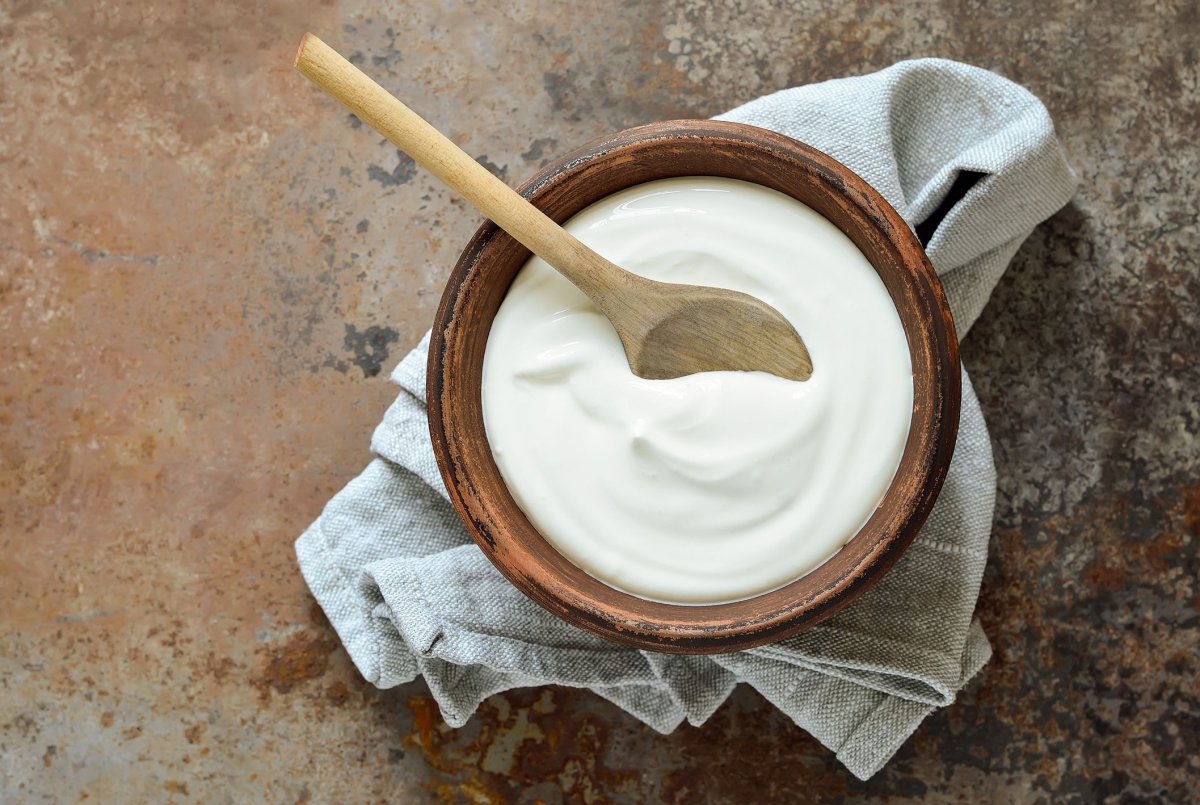
Many people believe that low-fat dairy products are healthier than high-fat dairy products. Indeed, many public health guidelines recommend low-fat dairy over high-fat dairy. However, our latest research, published in PLOS Medicine, found that people who had higher levels of biomarkers of dairy fat had a lower risk of developing type 2 diabetes.
Dairy products contain calcium and other nutrients that are important for our health, but they are often high in saturated fat—which is considered to be bad for cardiovascular health. Although food manufacturers have created many low-fat dairy products, such as yogurts and flavored-milk drinks, they often have lots of added sugar. Sugar, of course, is also bad for our health. So which dairy products should we choose: high-fat or low-fat?
Studies on dairy consumption have reported mixed results. The recent evidence shows no clear differences between high-fat and low-fat dairy in terms of the risk of developing type 2 diabetes or cardiovascular diseases.
However, most studies have relied on self-reports of dietary consumption by study participants. And self-reports are notoriously unreliable as people often misjudge how much they have eaten. With dairy consumption, for example, participants may fail to report baked goods, such as cakes and savory pies, that contain dairy.
An Objective Measure
Some scientists have found that certain types of fat in our body tissue reflect dairy fat consumption.These biomarkers are more reliable than self-reports of dairy consumption.
Using this method, a couple of studies and one systematic review have found no link between dairy fat consumption and a higher risk of heart disease.
And summary evidence from our group, published in 2014, found an inverse association between dairy fat biomarkers and type 2 diabetes risk. In other words, the more dairy fat biomarkers found in a person's blood, the lower their risk of getting type 2 diabetes.
To produce more definitive evidence, we conducted a global study that included data on nearly 64,000 adults from 16 countries. We evaluated the biomarkers we previously examined, but we also included additional dairy-fat biomarkers.
The results of our study further support the evidence that higher concentrations of the dairy-fat biomarkers are associated with a lower risk of developing type 2 diabetes.
Limitations
As with all studies, there are limitations. Biomarkers do not distinguish different types of dairy products, such as milk, cheese and yogurt. Also, our findings were mostly from white populations in the U.S. and Europe—evidence for other populations remains limited.
Dairy products are one of the main sources of saturated fat, but we can't draw conclusions about other sources of saturated fat, such as meat and oil, and the risk of type 2 diabetes and cardiovascular disease. This complexity should also be discussed in different contexts such as how dairy products are consumed with different foods in different cultures and populations, and how dairy fat consumption is linked to other health outcomes, such as cancer and bone health.

Despite the limitations, our new research highlights how objective assessment using biomarkers can help to increase understanding between dairy consumption and health risks. This research indicates that dairy fat may not be harmful, indeed, it may be beneficial. But more work needs to be done to understand the overall effects of dairy, over and above its fat content.
There isn't enough evidence, yet, to change dietary guidelines, which in the U.K. recommend that saturated fats should make up less than 11 percent of all calories consumed from food. We hope that our research will further stimulate clinical and public health research and a dialogue to promote an optimal diet, focusing more on foods than nutrients, including dairy.
Fumiaki Imamura is a senior investigator scientist at the University of Cambridge, U.K.
This article is republished from The Conversation under a Creative Commons license. Read the original article.
Uncommon Knowledge
Newsweek is committed to challenging conventional wisdom and finding connections in the search for common ground.
Newsweek is committed to challenging conventional wisdom and finding connections in the search for common ground.
About the writer
Katherine Hignett is a reporter based in London. She currently covers current affairs, health and science. Prior to joining Newsweek ... Read more
To read how Newsweek uses AI as a newsroom tool, Click here.








